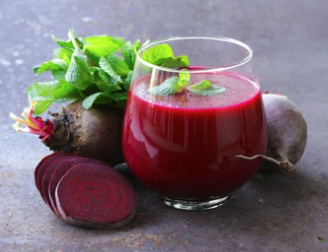LifeSport coaches occasionally get questions from athletes on the pros and cons of beet juice and how it can enhance performance. Here is the low down in easy terms from LifeSport nutritionist, Celine Evans.
What is in beet juice?
- Rich source of nitrates which when ingested are converted to nitrous oxide
How does nitrate (nitrous oxide) enhance performance?
Recent studies demonstrate that nitrate can:
- Reduce the cost of exercise
- Increase the time to exhaustion
- Improve power output (cycling economy)
- Enhance performance in running and cycling events
How much nitrate is needed for optimal performance results?
- Typical doses used in recent sports/exercise performance studies use ~5-6mmol or ~300mg nitrate per serving of beet juice consumed ~2-2.5hrs before exercise.
- 500mL of beet juice contains ~5.2 mmol of dietary nitrate. Be aware, however, that nitrate content can vary from plant to plant therefore may not result in a reliable nitrate dose.
- Beet it makes a concentrated beet juice (70mL) that contains 300-400mg of dietary nitrate. It is safe for any competitive athlete as it has been tested by Informed Sport.
When should I drink for best performance effects?
- Recent studies have shown benefits with either a one-time dose ~2.5 hours before exercise or a continued dose over a period of 3-15 days
Other rich dietary sources of nitrates
- Green leafy vegetables such as lettuce and spinach, celery, rhubarb, leek and rocket
Heads up! Beet juice consumption may cause temporary pink coloration of urine and stool which is harmless.
Celine Evans is a qualified Registered and Sports Dietician with extensive experience working with professional and amateur endurance athletes at the National Team and Age Group level. If you would like support reaching your triathlon goals through better nutrition coaching, contact Celine at celine.evans@lifesportcoaching.com.
